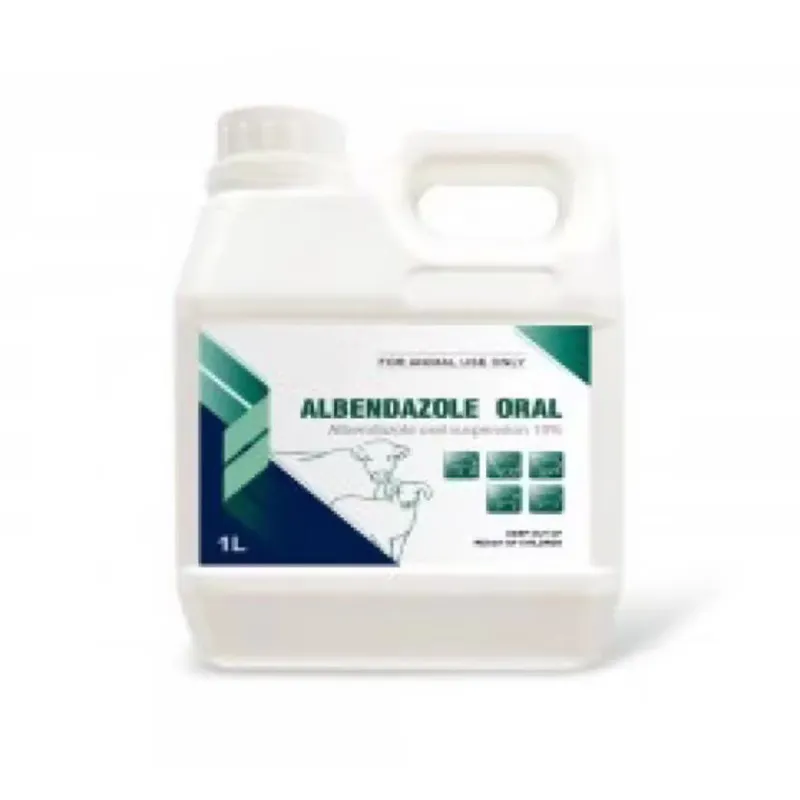- Afrikaans
- Albanian
- Amharic
- Arabic
- Armenian
- Azerbaijani
- Basque
- Belarusian
- Bengali
- Bosnian
- Bulgarian
- Catalan
- Cebuano
- Corsican
- Croatian
- Czech
- Danish
- Dutch
- English
- Esperanto
- Estonian
- Finnish
- French
- Frisian
- Galician
- Georgian
- German
- Greek
- Gujarati
- Haitian Creole
- hausa
- hawaiian
- Hebrew
- Hindi
- Miao
- Hungarian
- Icelandic
- igbo
- Indonesian
- irish
- Italian
- Japanese
- Javanese
- Kannada
- kazakh
- Khmer
- Rwandese
- Korean
- Kurdish
- Kyrgyz
- Lao
- Latin
- Latvian
- Lithuanian
- Luxembourgish
- Macedonian
- Malgashi
- Malay
- Malayalam
- Maltese
- Maori
- Marathi
- Mongolian
- Myanmar
- Nepali
- Norwegian
- Norwegian
- Occitan
- Pashto
- Persian
- Polish
- Portuguese
- Punjabi
- Romanian
- Russian
- Samoan
- Scottish Gaelic
- Serbian
- Sesotho
- Shona
- Sindhi
- Sinhala
- Slovak
- Slovenian
- Somali
- Spanish
- Sundanese
- Swahili
- Swedish
- Tagalog
- Tajik
- Tamil
- Tatar
- Telugu
- Thai
- Turkish
- Turkmen
- Ukrainian
- Urdu
- Uighur
- Uzbek
- Vietnamese
- Welsh
- Bantu
- Yiddish
- Yoruba
- Zulu
8 月 . 14, 2024 06:13 Back to list
Exploring the Benefits and Uses of Levamisole Paste for Equine Health and Parasite Management
Levamisole Paste for Horses An Overview
Levamisole is an anthelmintic medication that has been used effectively in veterinary medicine, particularly for equines. It is commonly administered in the form of a paste, allowing for easy dosing and application. Understanding the use of levamisole paste in horses, its benefits, potential side effects, and proper administration techniques is crucial for horse owners and caretakers.
What is Levamisole?
Levamisole is a broad-spectrum anthelmintic agent that targets various types of parasites, including gastrointestinal roundworms. It works by disrupting the neuromuscular activity of the worms, leading to paralysis and eventual elimination from the horse's body. The paste formulation is particularly advantageous, as it ensures precise dosing and is easy to administer, even to horses that may be difficult to medicate.
Benefits of Levamisole Paste
The primary benefit of levamisole paste is its effectiveness in controlling parasitic infections. Regular deworming with levamisole helps prevent the harmful effects of parasites, such as intestinal blockage, malnutrition, and colic, which can severely impact a horse's health and performance. Additionally, levamisole has immune-modulating properties, which may help enhance the horse's overall immune response, further protecting it from infections.
Levamisole is also relatively fast-acting. Depending on the infestation level, horses may show improvement within days after treatment. This quick response can be crucial for competitive horses or those under performance stress, as it helps maintain their health and endurance.
levamisole paste for horses

Administration of Levamisole Paste
Administering levamisole paste is straightforward but requires care to ensure proper dosing. The recommended dosage typically depends on the horse's weight, and it's crucial to follow the veterinary guidelines or manufacturer’s instructions closely. The paste is usually delivered directly into the horse's mouth with a dosing syringe, ensuring it reaches the back of the throat for effective swallowing.
Monitoring the horse during and after administration is advisable. Observing for immediate reactions or side effects can help catch any adverse responses early.
Potential Side Effects
While levamisole paste is generally safe when used correctly, it can have side effects. In some cases, horses may experience temporary symptoms such as mild colic, diarrhea, or lethargy following treatment. Severe reactions are rare but can include an allergic response, which warrants immediate veterinary attention. It is essential for horse owners to consult with a veterinarian before starting treatment to assess individual horse needs and potential contraindications.
Conclusion
Levamisole paste offers an effective solution for controlling parasitic infections in horses, enhancing their health and performance. Its ease of administration and rapid action make it a preferred choice among equine practitioners and caretakers. However, responsible use, guided by veterinary advice, is vital to ensure the safety and well-being of the horse. Regular deworming programs, including levamisole, can significantly contribute to maintaining a horse's overall health, ensuring they remain fit, active, and ready for both work and play. As with any medication, the importance of routine veterinary consultations cannot be overstated, as they provide essential insights and tailored care for each horse's unique needs.
-
The Power of Radix Isatidis Extract for Your Health and Wellness
NewsOct.29,2024
-
Neomycin Sulfate Soluble Powder: A Versatile Solution for Pet Health
NewsOct.29,2024
-
Lincomycin Hydrochloride Soluble Powder – The Essential Solution
NewsOct.29,2024
-
Garamycin Gentamicin Sulfate for Effective Infection Control
NewsOct.29,2024
-
Doxycycline Hyclate Soluble Powder: Your Antibiotic Needs
NewsOct.29,2024
-
Tilmicosin Premix: The Ultimate Solution for Poultry Health
NewsOct.29,2024













